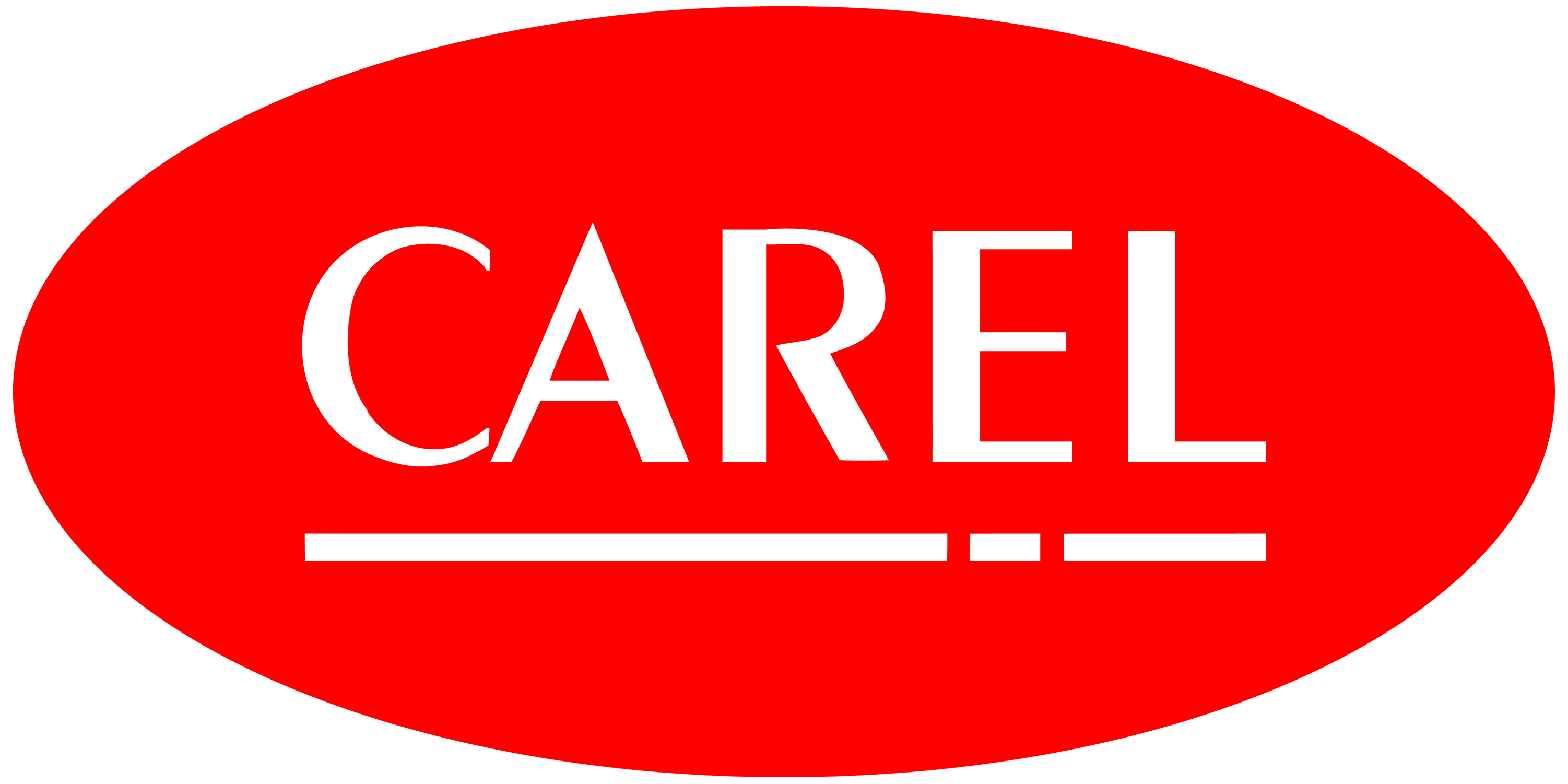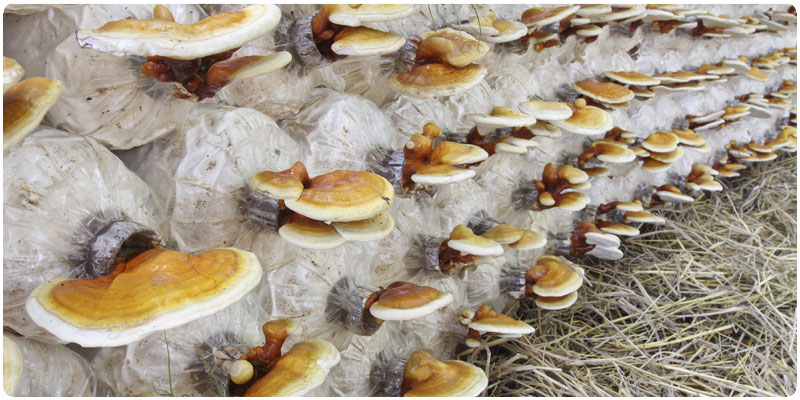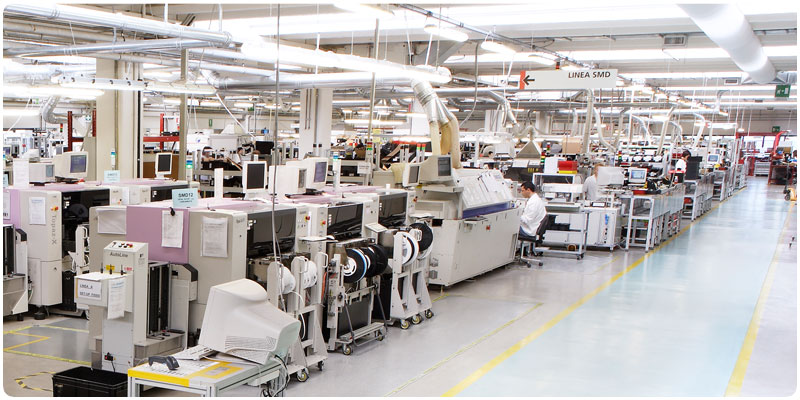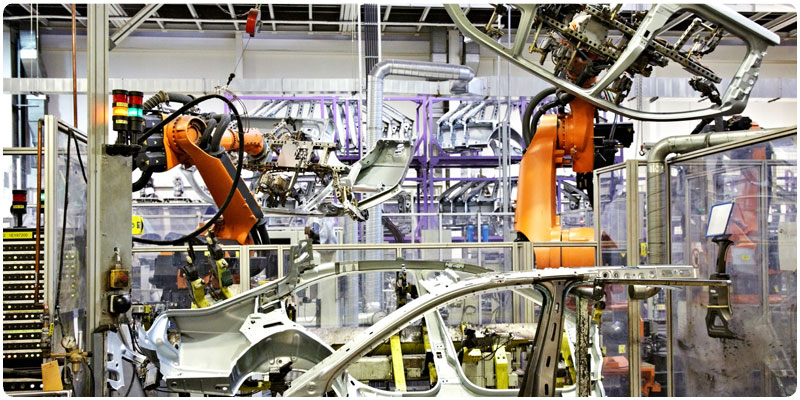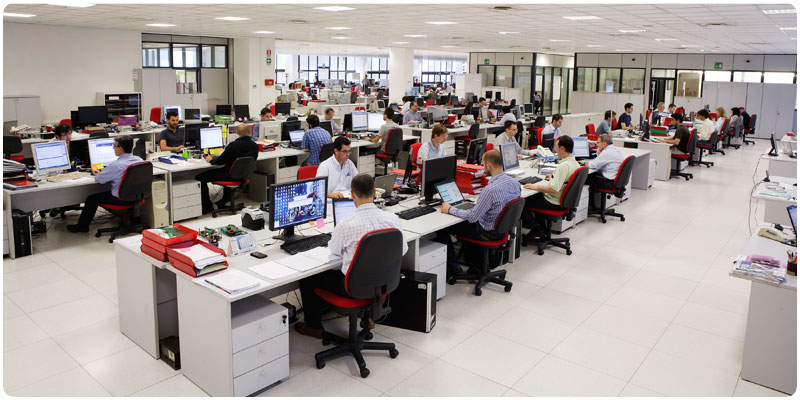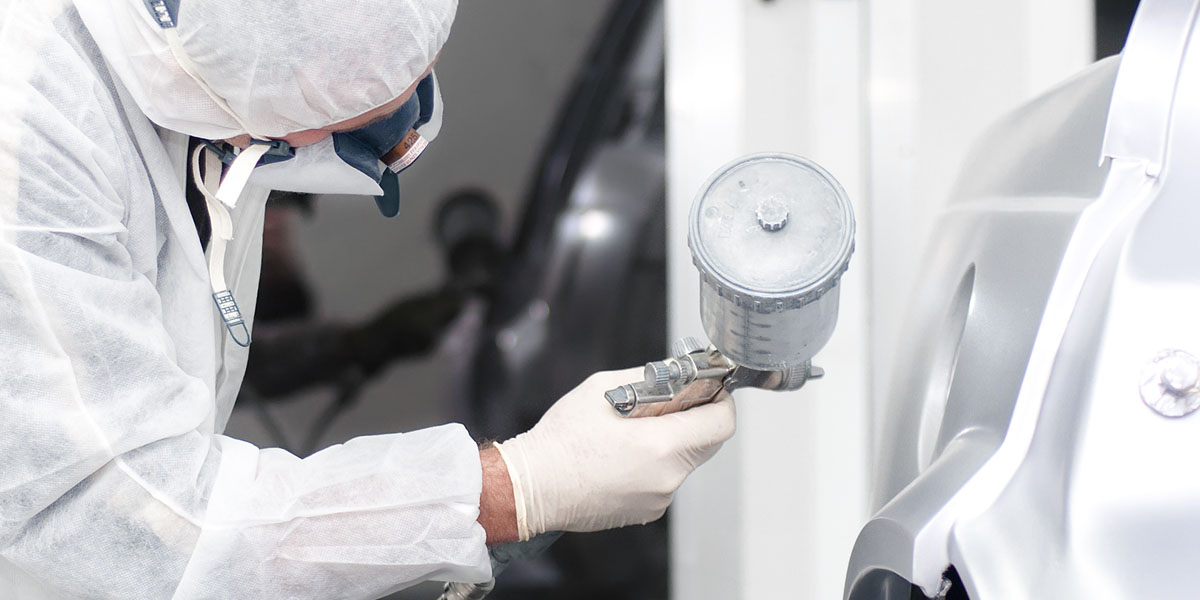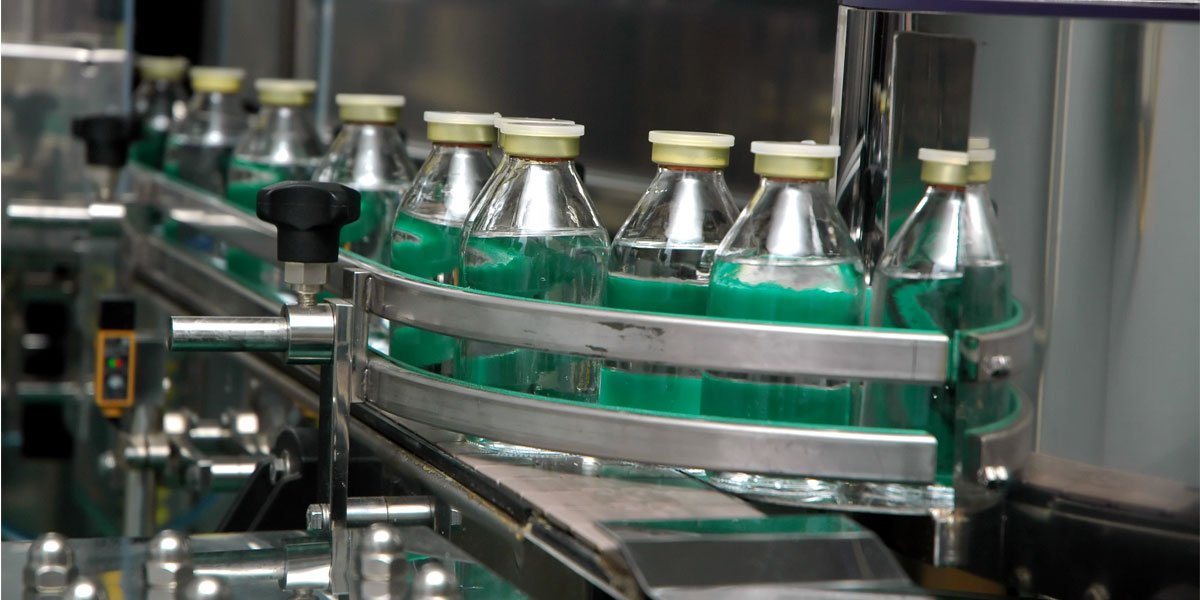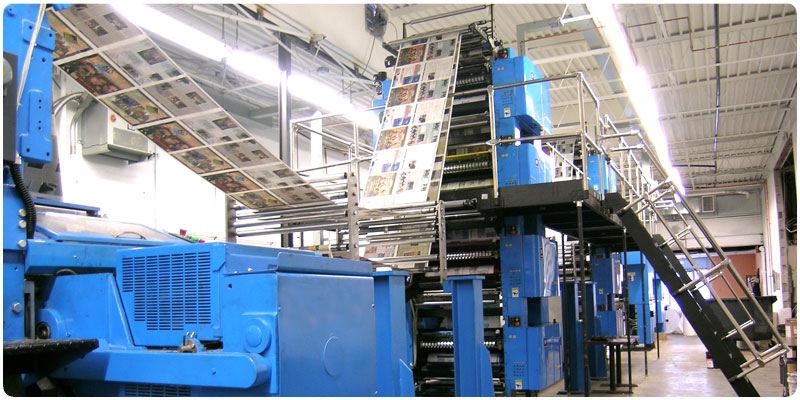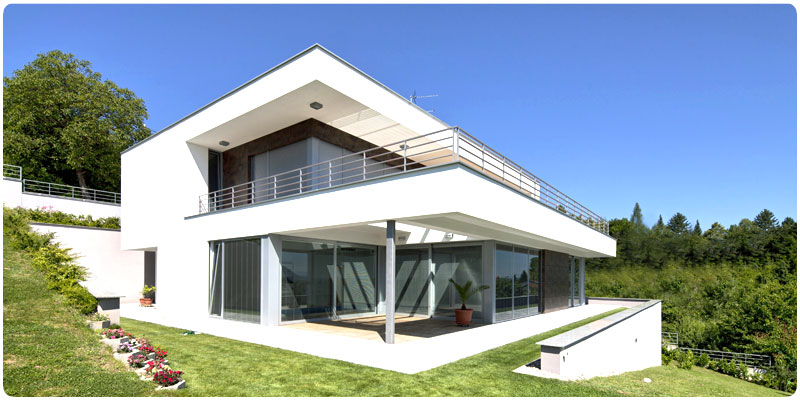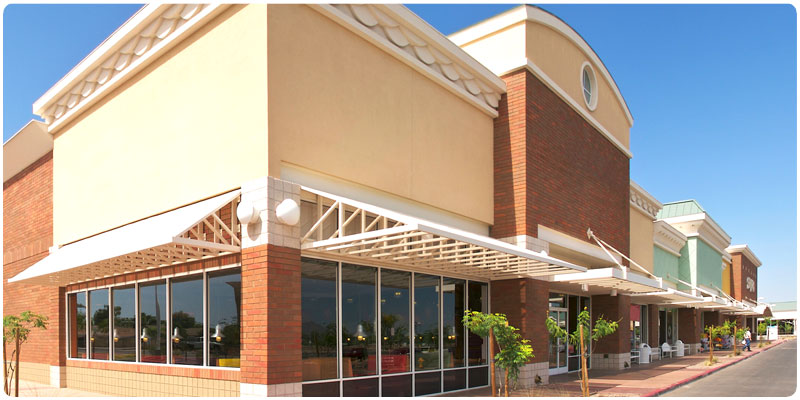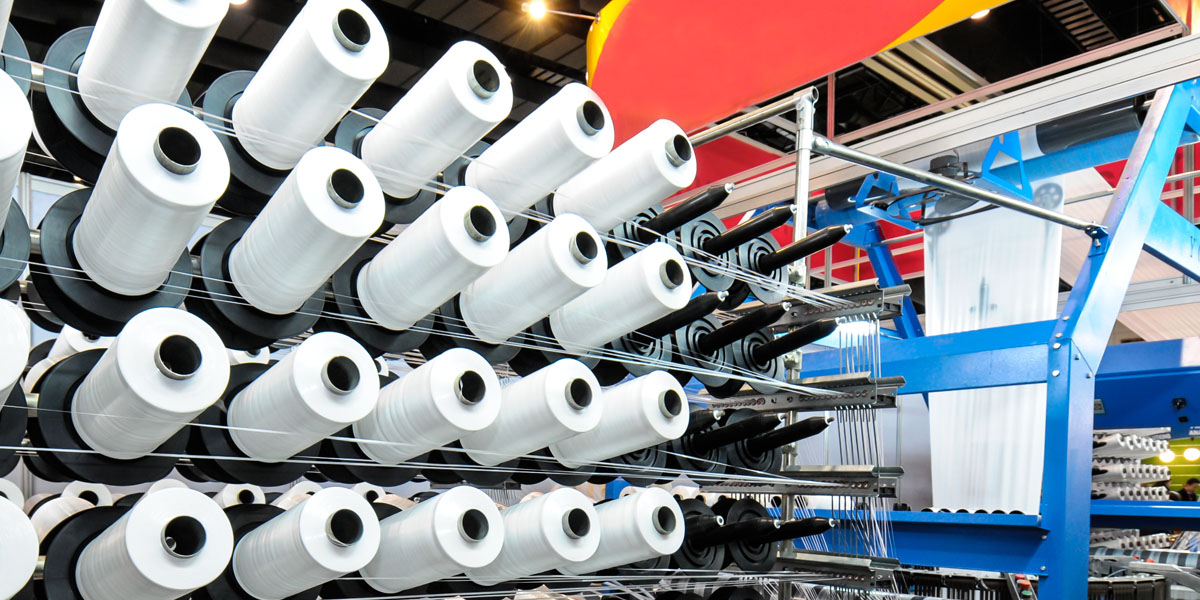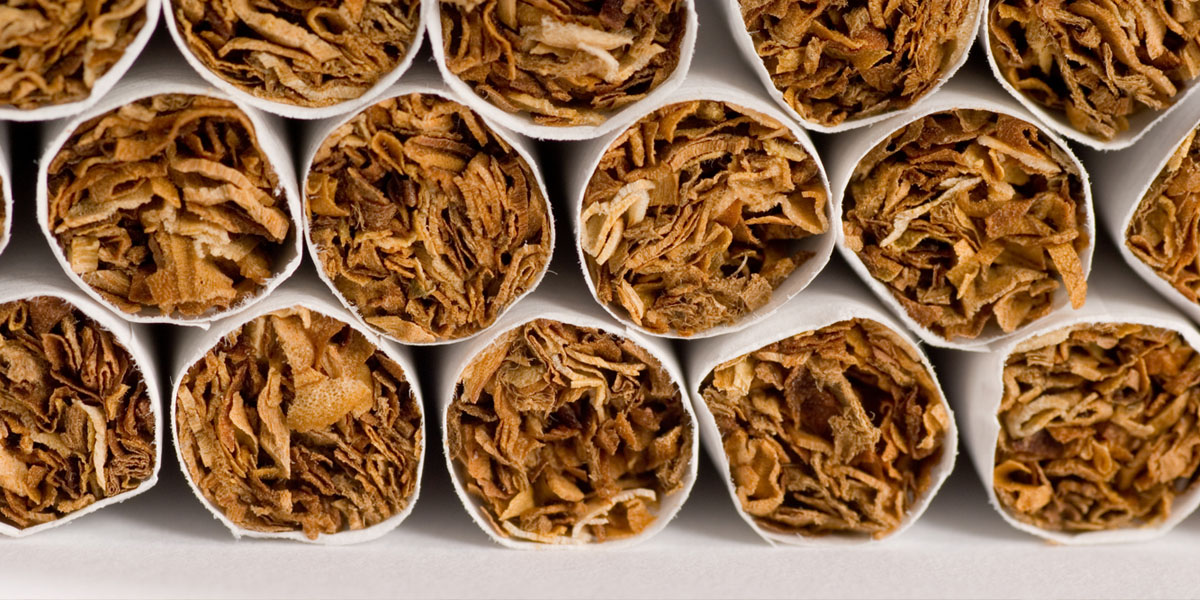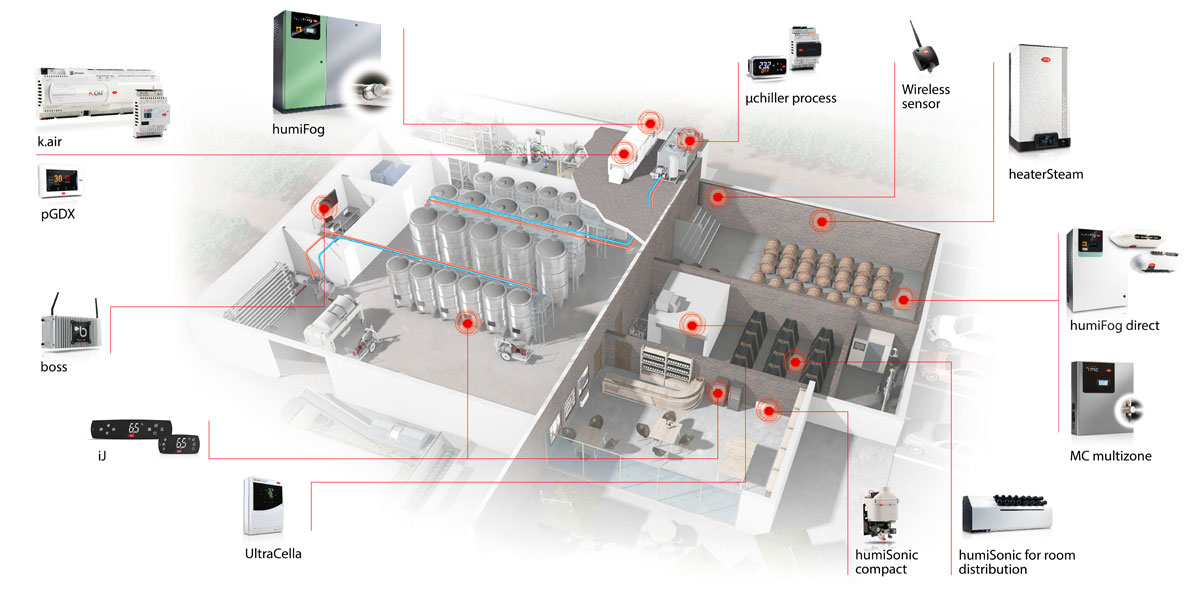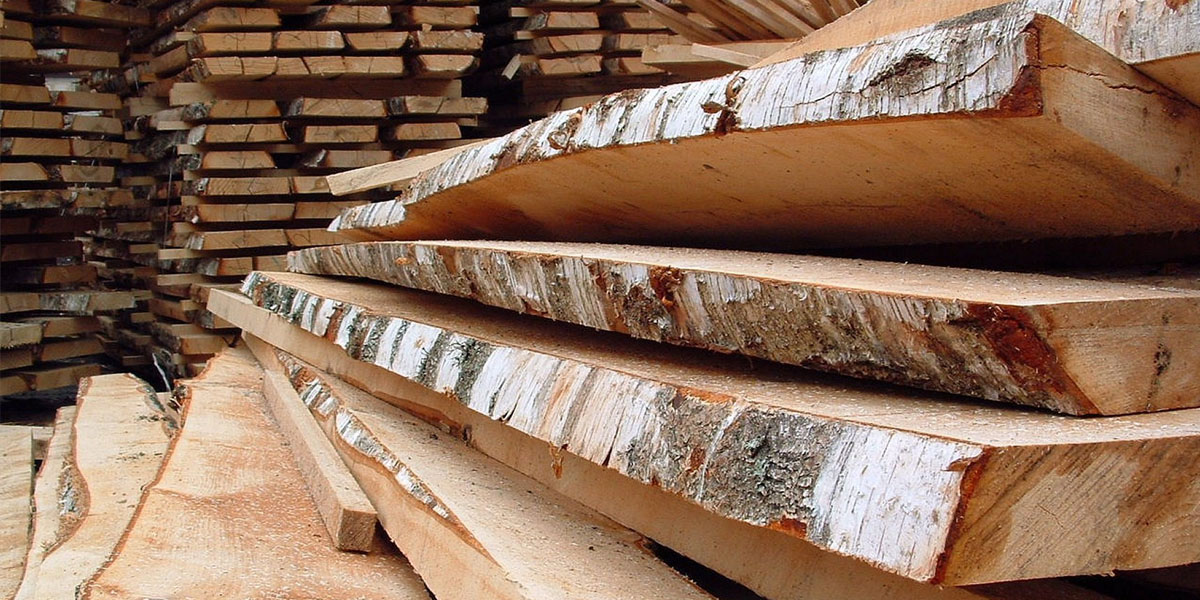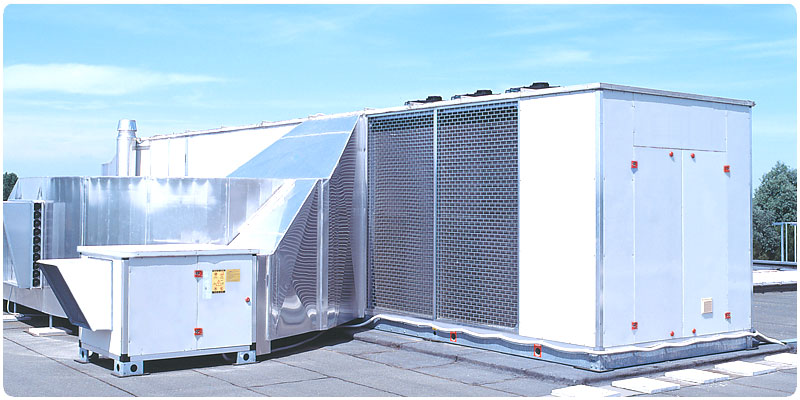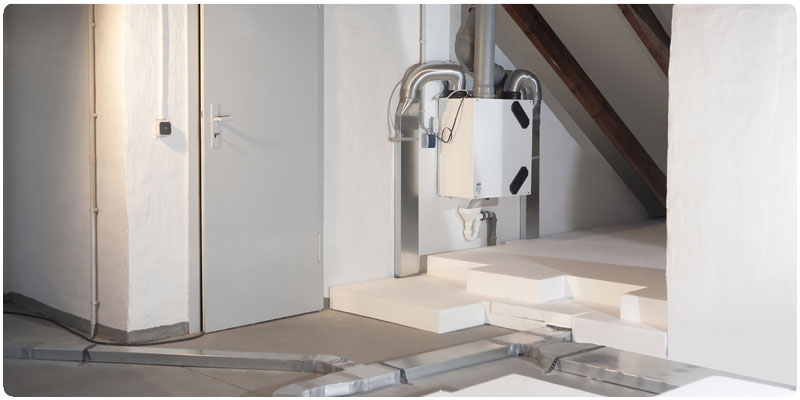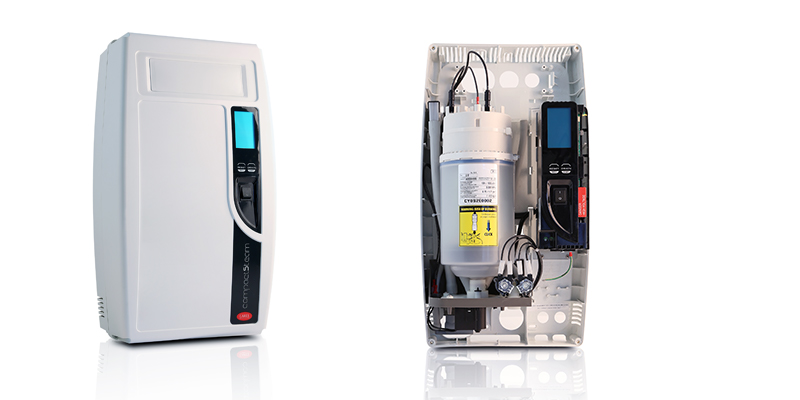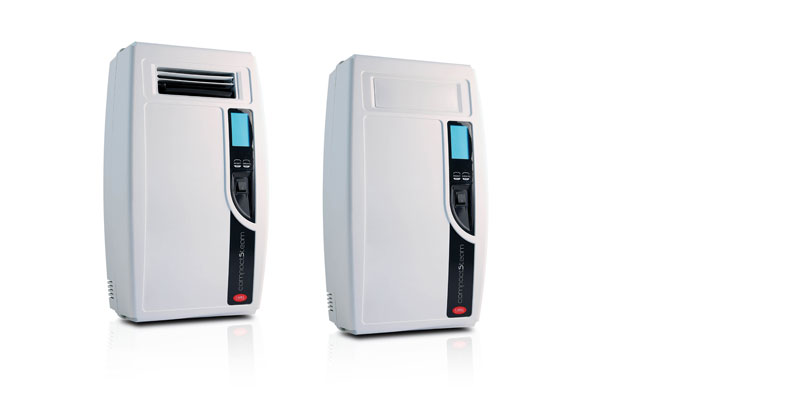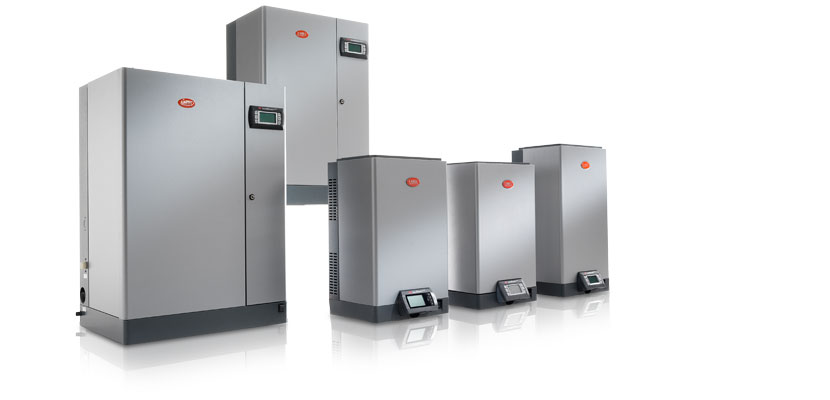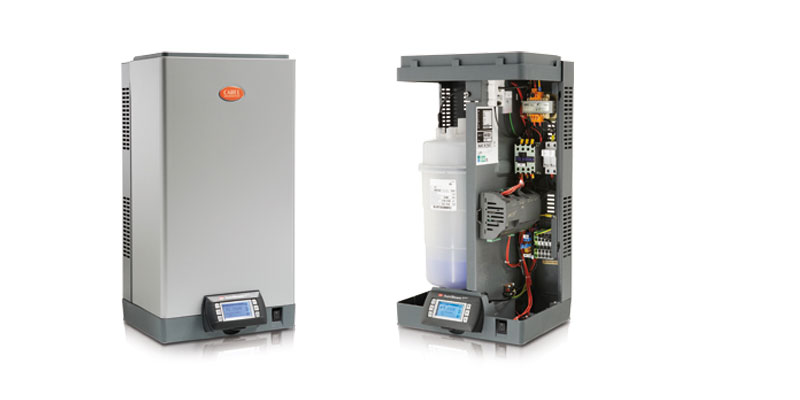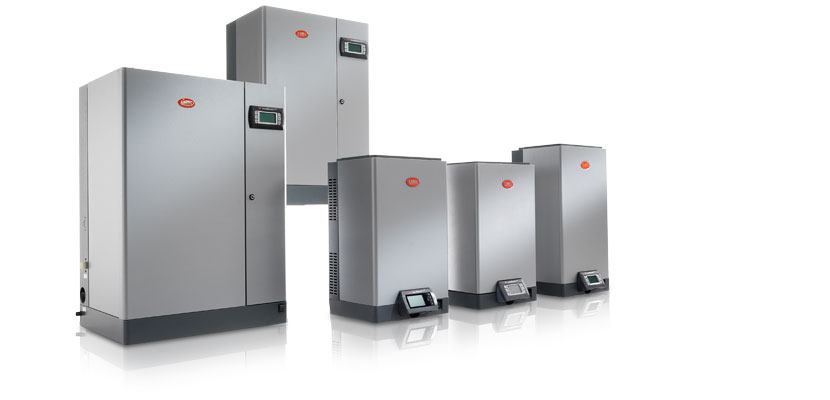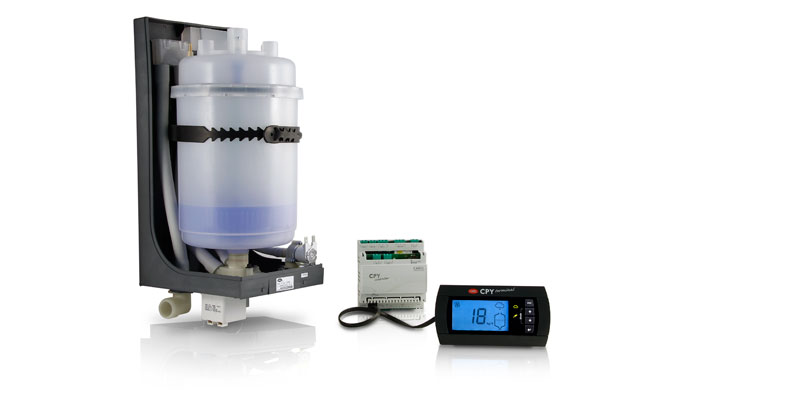Immersed electrode humidifiers
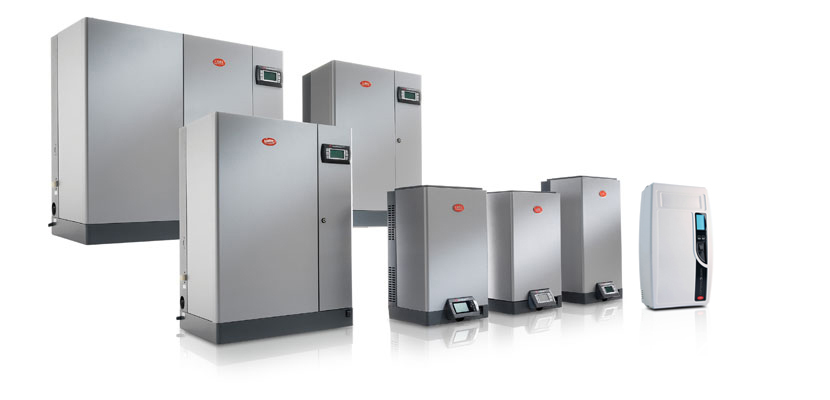
General characteristics
This product is available in CAREL CPQ, the sizing and selection tool that lets you independently find the right CAREL solutions for you, download the related documentation, receive support, and generate quotes and orders.
The operation of immersed electrode humidifiers is based on a very simple physical principle. As common drinking water contains a certain quantity of dissolved mineral salts, and is consequently slightly conductive, applying a voltage to metal electrodes immersed in the water creates an electric current that heats the water (Joule effect) until boiling, thus producing steam.
The quantity of steam produced is proportional to the electric current, which is in turn proportional to the water level.
This electric current is measured by a current transformer: by varying the level of water using a fill solenoid valve and due to the evaporation process, the current, and consequently steam production, can be modulated. Due to evaporation, the level of water decreases and must therefore be topped up. As the steam produced does not carry mineral salts, the salt concentration in the water and therefore the conductivity increases, and has to be periodically diluted by draining part of it using the drain pump and replacing it with new water.
In addition, scale forms over time and covers part of the cylinder, which must be replaced or cleaned. The principle is simple, however the development of an immersed electrode humidifier that ensures safe operation and reliability over time requires careful analysis and extended testing.
Compared to electric heater or gas-fired humidifiers, immersed electrode humidifiers:
• are less expensive to purchase;
• operate with drinking water (not completely demineralized or softened);
• require periodical replacement (or cleaning) of the cylinder;
• feature modulation suitable for comfort or industrial applications, without extreme requirements.
CAREL has been manufacturing immersed electrode humidifiers since the 1970s and can draw benefit from its know-how in the field of electronic controllers: precision control, reliable electronics and sophisticated and complete control software.
The CAREL solutions for immersed electrode humidifiers are humiSteam and compactSteam.Create a free account and access CAREL CPQ now.
-
Plus
- AFS system (Anti Foaming System): detects foam to prevent the release of droplets together with the steam;
- works on mains water with a conductivity between 75 and 1250 µs/cm, and its control software automatically adjusts operation according to the characteristics of the water, so as to optimize operating life without maintenance.
- large cylinders galvanized electrodes and anti-scale filter at bottom for extended maintenance-free operation; openable cylinders also available;
- steam production with continuous modulation from 20% to maximum capacity (10% for models with two cylinders);
- built-in conductivity sensor and control software to optimize energy efficiency and maintenance costs, with constant performance throughout cylinder life;
- automatic water drain after 3 days of inactivity
- model "X" manages a limit probe, used to limit the maximum relative humidity at the outlet, avoiding condensate formation in the duct.
